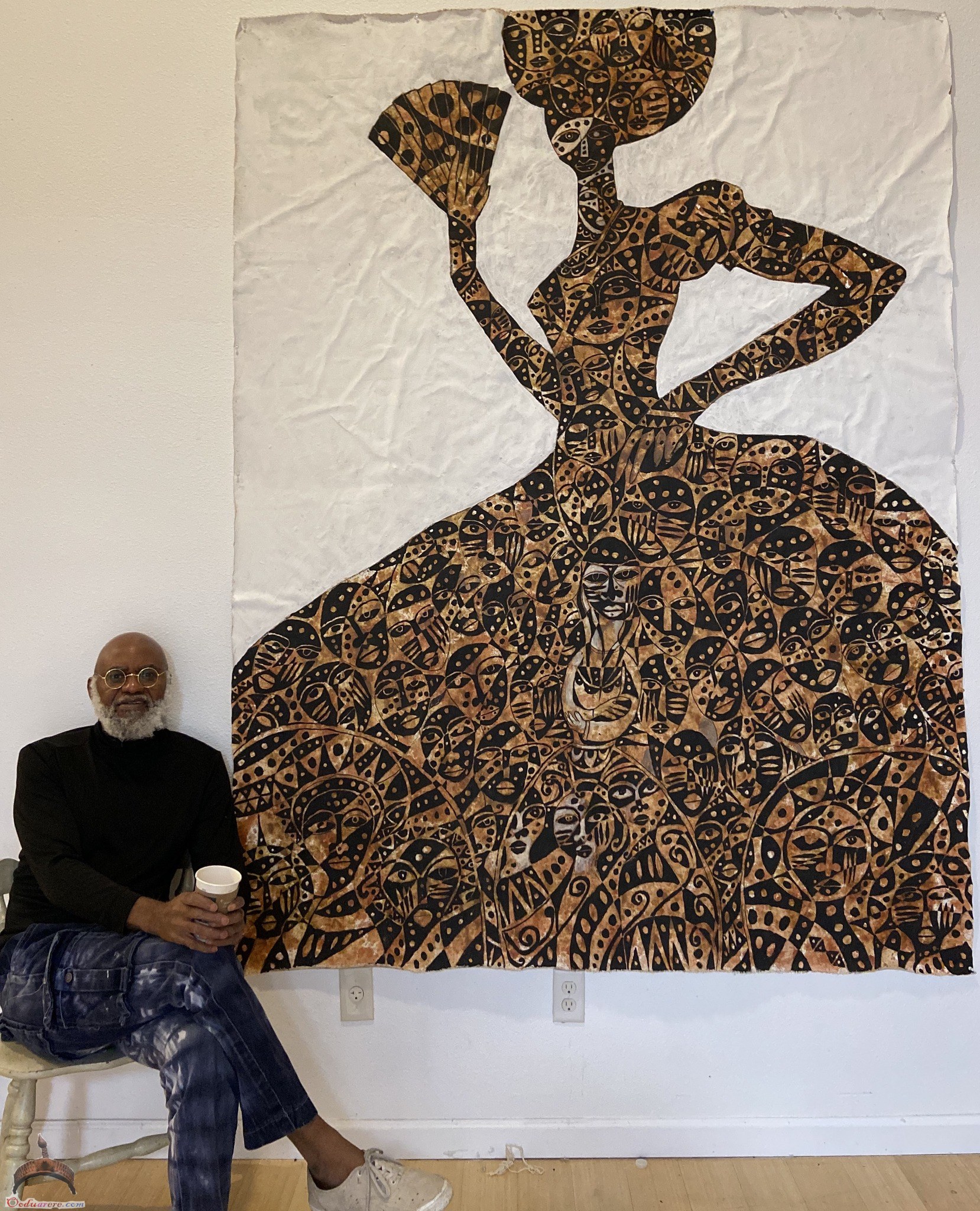My phone rang.
“Àlàó?” I said after picking it up.
“Hello, prof,” said the sweet voice on the other side.
It is a woman, I decided. But I don’t know the number. I shouldn’t have picked up the call. But it was too late.
So, I kept quiet.
“Sir, you don’t know me,” she said, hesitating.
“I know,” I admitted. I shouldn’t have picked up this call, I thought again.
“Baba,” she continued, “I am like your daughter. I mean…-you are old enough to be my father.”
“Oh, I see,” I said.
“I want you to advise me about dating,” she said. “I haven’t had any success. All those who date me are not serious.”
I thought: Hmmmn. This is like asking the Pope for ideas about romance and birth control pills. Wrong number.
So I kept quiet.
“Baba,” she continued, “what do you think I’m doing wrong?”
This is tough. I kept quiet.
“Baba? Are you there?”
I cleared my throat. “The s-w-e-e-t-e-s-t oranges are not always the sweetest,” I finally said. “Don’t use oju Kokoro to pick the biggest orange. You may not enjoy it.”
“Thanks, baba,” she said. “Have you been reading my mind? That has been my problem.”
Did I say the right thing?
I was using the principle of Orí.
In Ifa literature, we all have to choose our Orí at Ajule Orun before traveling to this world.
Many are those attracted by big heads and are quick to choose big, large and voluminous things.
Those big heads may have no substance in them.
It is what you choose that you have to live with.
Those small things that we tend to ignore might be the things that matter, and not the showy, glittering spectacles that flower for a day and fall apart the next morning.
Still waters run deep.
Empty barrels make a lot of noise. Do you like noises?
Kìtà-kìtà ò mọ́là. (Taking things slowly has its benefits).
If you choose a smiling face, it might be a mask for a troubled mind.
That expensive cellphone, is the battery good?
Did I say the right things?

 Ọmọ Oòduà Naija Gist | News From Nigeria | Entertainment gist Nigeria|Networking|News.. Visit for Nigeria breaking news , Nigerian Movies , Naija music , Jobs In Nigeria , Naija News , Nollywood, Gist and more
Ọmọ Oòduà Naija Gist | News From Nigeria | Entertainment gist Nigeria|Networking|News.. Visit for Nigeria breaking news , Nigerian Movies , Naija music , Jobs In Nigeria , Naija News , Nollywood, Gist and more









